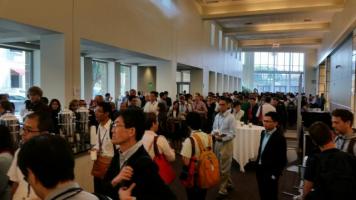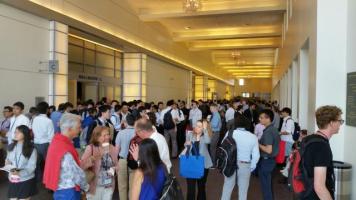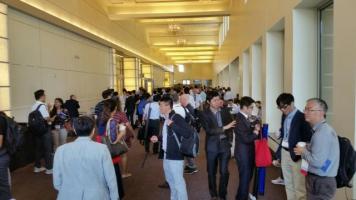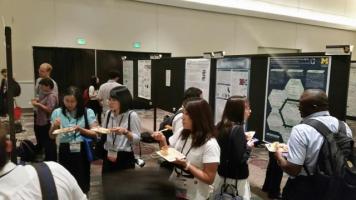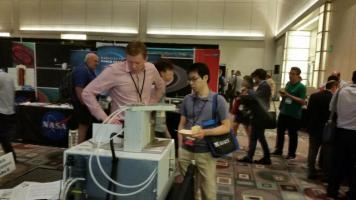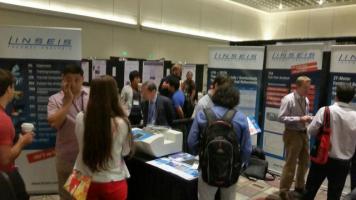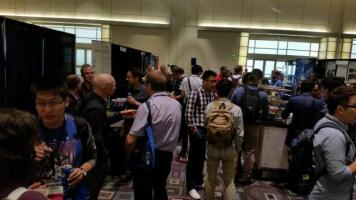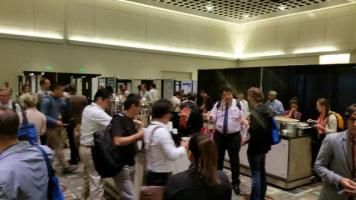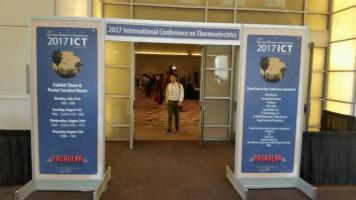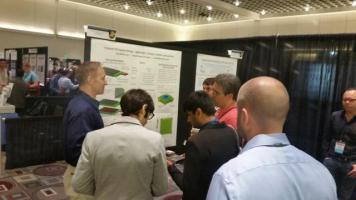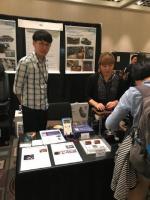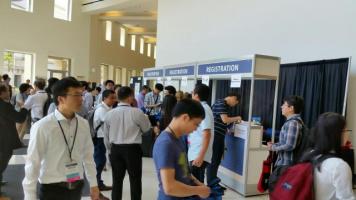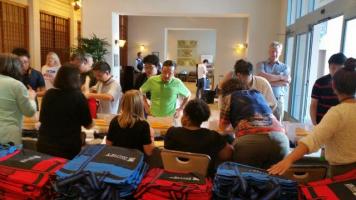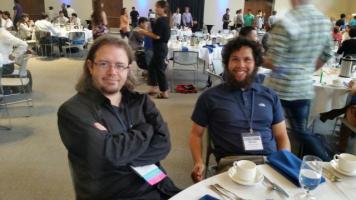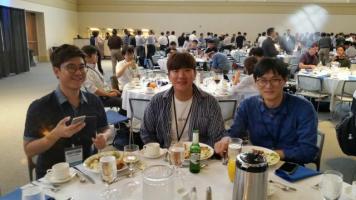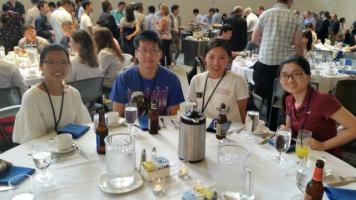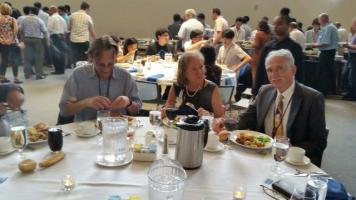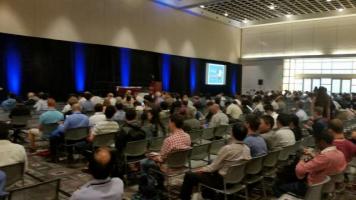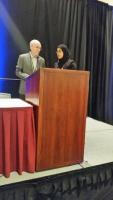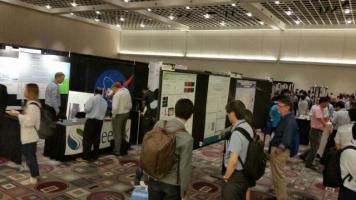Forums:
The great majority of today’s thermoelectric (TE) research is focused on improving the efficiency of solid-state TE materials via nanostructuring; which often incurs a substantial production cost. A cheaper and simpler alternative to convert low temperature waste heat into electrical energy can be found in “liquid thermocells” containing TE fluids.
The motivation to seek for enhanced thermal-to-electric energy conversion capacity in liquid systems is very straight forward. The thermoelectric effect is proportional to the transport entropy carried by the diffused (charged) particles. Thus, an enhanced thermoelectric effect is expected in electrolytes containing large molecules and nanoparticles with high internal degrees of freedom. In this respect, ferrofluids are a promising candidate due to their high surface charge, their large size and their magnetic degree of freedom. While the importance of transport entropy in the thermopower of liquid thermocells is starting to be understood, the precise mechanisms on how to control such a parameter as well as other associated thermoelectric phenomena remain to be determined.
The aim of this thesis work is two-fold. First, we seek to determine the fundamental interaction mechanisms (both physical and chemical) between the charged nanoparticles and the surrounding liquid in ferrofluids through experimental investigations. Second, we will optimize physical parameters in order to increase the thermoelectric efficiency in liquid thermocells for low-temperature waste heat recovery applications. Here, both TE- generators and TE-supercapacitors are considered. Furthermore, magnetic field will be applied in order to gain additional control over the fluid’s thermoelectric response.
It is a highly interdisciplinary research project involving experimental techniques in electrical, thermal and thermoelectrical transport measurements, as well as electrochemical (cyclic voltammetry) and structural (X-ray reflectivity) characterizations. As a part of 10-partner, cross-sector project, frequent and continuous interactions with theorists and industrial partners will take place during the 3-year PhD period.
An ideal candidate will have a background in Materials Physics with previous internship in experimental lab settings. Some experience in Liquid Physics and Physical Chemistry are a plus.
Interested candidates are invited to contact: Dr. Sawako Nakamae (sawako.nakamae@cea.fr)
Location: Condensed Matter Physics Department, CEA-Commissariat à l’Energie Atomique et aux Energies Alternatives, Saclay, France. (http://iramis.cea.fr/spec/SPHYNX/indexEN.php)
University Affiliation: Ecole Doctorale de Physique en Île-de-France,Université Paris-Saclay
This project is funded by MAGENTA project, funded by the European Union’s Horizon 2020 research and innovation programme under grant agreement No 731976.
| Attachment | Size |
|---|---|
| 67.12 KB |


